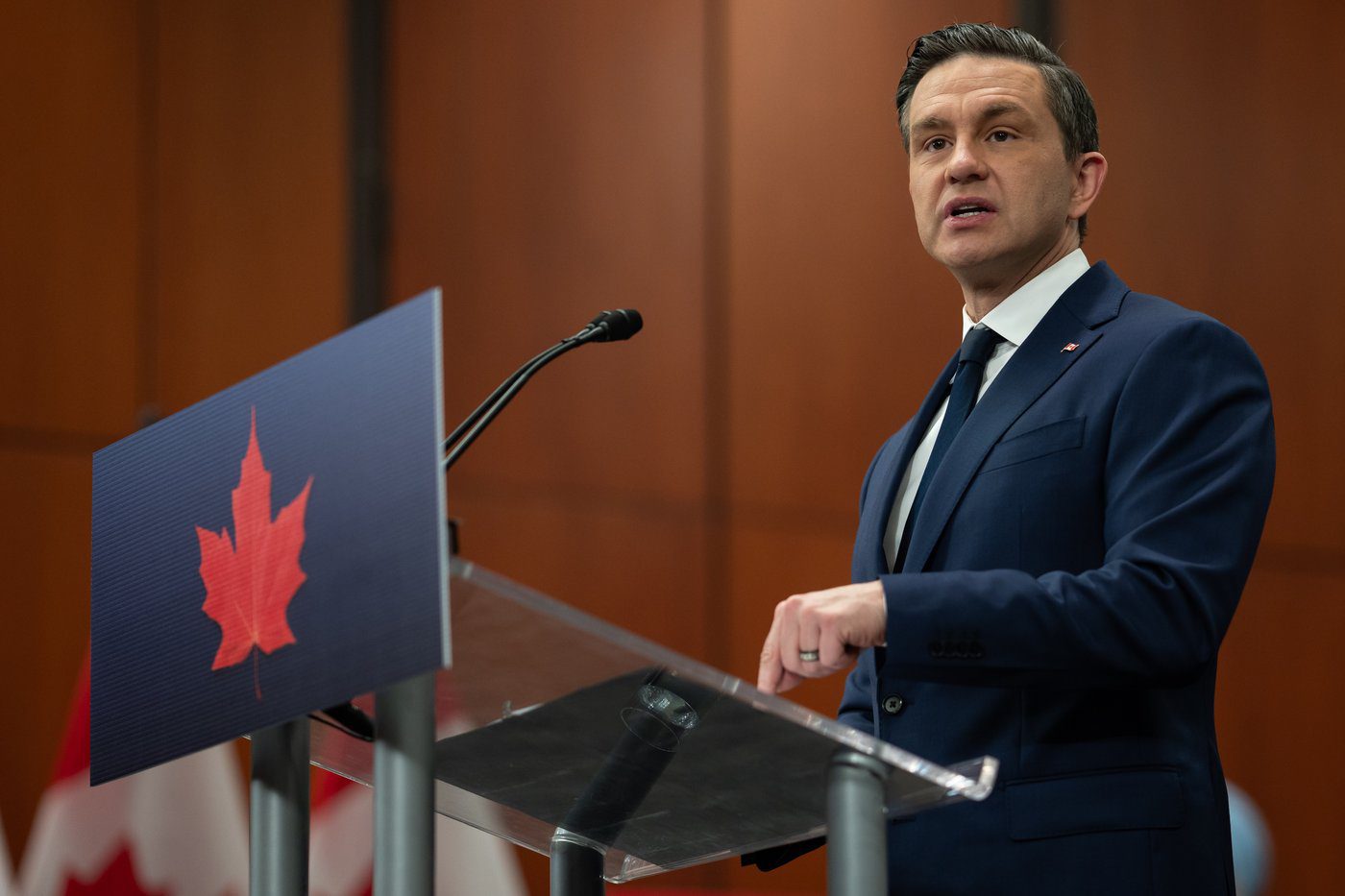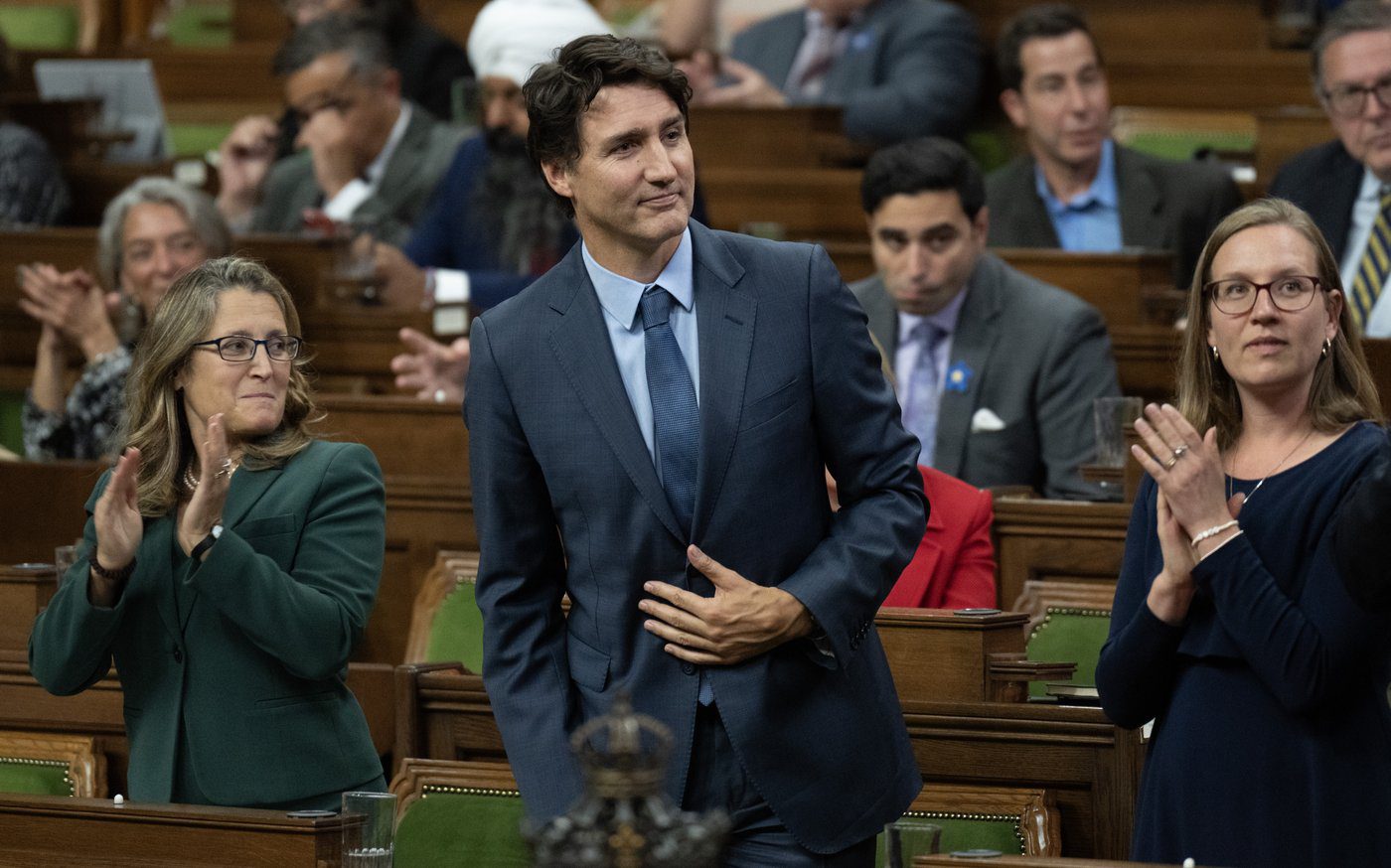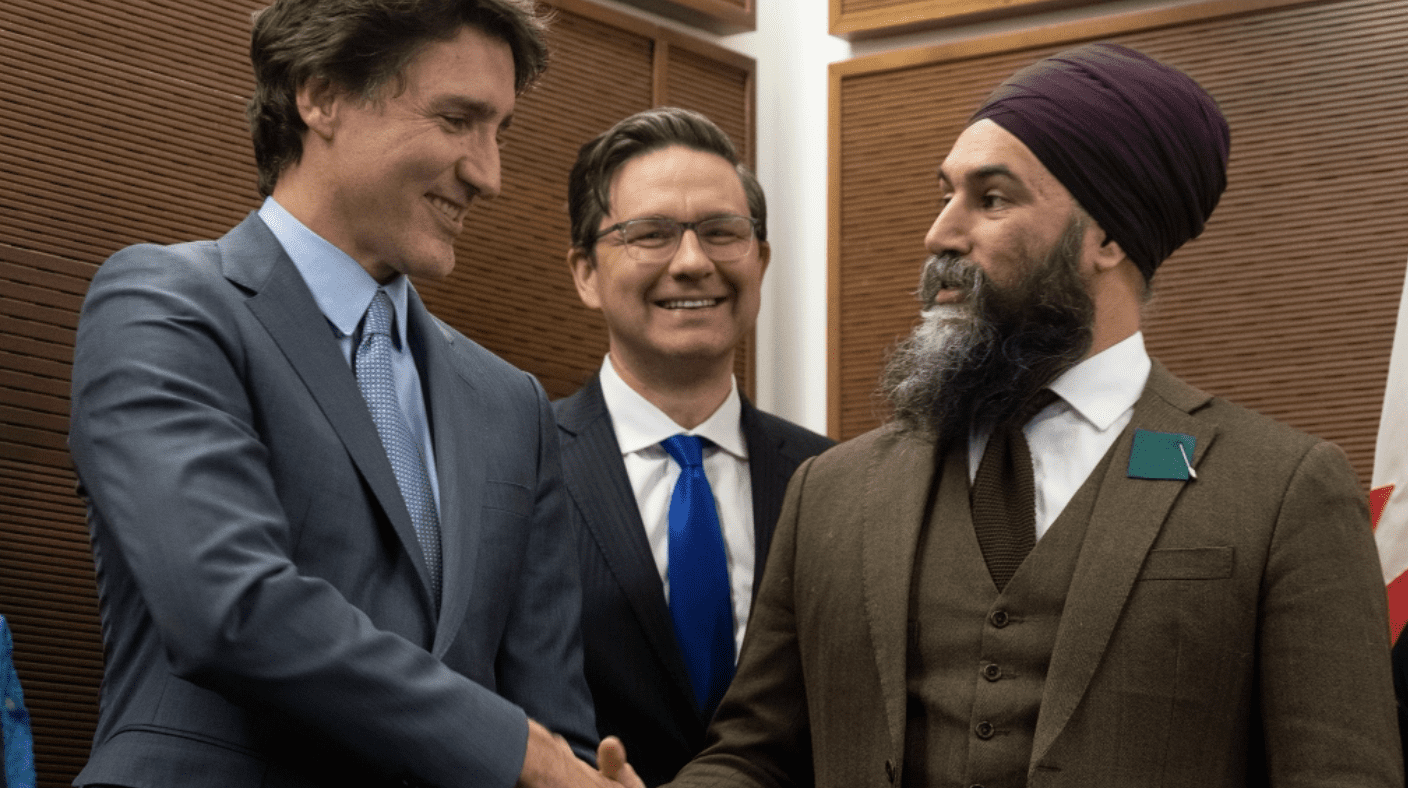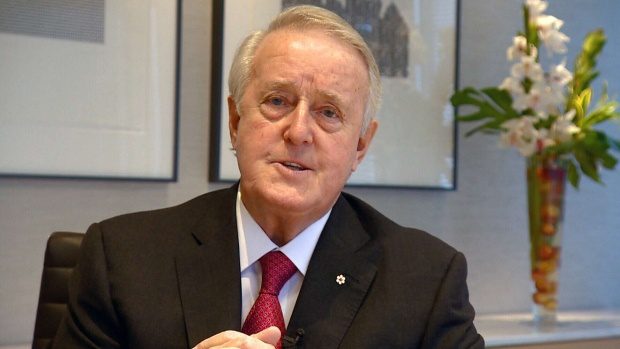This content is restricted to subscribers

The views, opinions and positions expressed by columnists and contributors are the author’s alone. They do not inherently or expressly reflect the views, opinions and/or positions of our publication.

This content is restricted to subscribers
The views, opinions and positions expressed by columnists and contributors are the author’s alone. They do not inherently or expressly reflect the views, opinions and/or positions of our publication.

This content is restricted to subscribers
The views, opinions and positions expressed by columnists and contributors are the author’s alone. They do not inherently or expressly reflect the views, opinions and/or positions of our publication.

Become a subscriber today!
Register
This content is restricted to subscribers
The views, opinions and positions expressed by columnists and contributors are the author’s alone. They do not inherently or expressly reflect the views, opinions and/or positions of our publication.

This content is restricted to subscribers
The views, opinions and positions expressed by columnists and contributors are the author’s alone. They do not inherently or expressly reflect the views, opinions and/or positions of our publication.

Become a subscriber today!
Register
This content is restricted to subscribers
The views, opinions and positions expressed by columnists and contributors are the author’s alone. They do not inherently or expressly reflect the views, opinions and/or positions of our publication.

Become a subscriber today!
Register
Canada, similar to other western democracies, has a political cycle that perpetually shifts from the right to the left, and from the left to the right. “It works like the swing of a pendulum, like the upsand-downs of a seesaw,” author and journalist Victor Lauriston famously wrote in Maclean’s on July 15, 1931, “and the result is a curious sort of automatic balance between the Canadian political parties.”
It’s impossible to predict with pinpoint accuracy exactly which way the political pendulum will swing. Issues, ideas, strategies and elections can sometimes produce clear signs and indicators. Situations can occasionally be adjusted or manipulated. Some political narratives are successfully crafted and maintained, while others become toxic and combustible. There are also moments when unforeseen events turn everything on its head, too.
During the height of COVID-19, the political pendulum was clearly swinging to the left. Many Canadians were unable to go to work, or even work at all. Businesses suffered, and quite a few were forced to shut down. Government spending went through the roof in terms of emergency relief funds for individuals, families and companies. The national debt was eye-popping, and the federal deficit ballooned to record highs.
Things have changed the past few months, however. The political pendulum has started to swing to the right.
Canada still has to deal with aspects of COVID-19 for the foreseeable future, and perhaps forever. Several years of social distancing in society, combined with the wider availability of vaccines, have given us a new lease on life. Many people want to return to normal, or simply exist in whatever the “new normal” entails. They’re tired of government restrictions and requirements, and are often euphoric when they’re removed. They’re also largely fed up with politicians acting like drunken sailors on a 24/7 basis, and desire a return to free markets, capitalism and private enterprise.
Our political environment has also transformed during the political pendulum’s shift in winged allegiances.
Prime Minister Justin Trudeau has looked weaker and more vulnerable than ever before. He was blamed for maintaining COVID-19 restrictions longer than most democratic nations, and taking positions during the pandemic that were comparable to those of Communist China. Provincial governments on the right and left both pushed back heavily against Ottawa’s wasteful spending policies as well as the PM’s pet project, the federal carbon tax. Recent polls from Angus Reid, Leger and Mainstreet Research have shown the Conservatives ahead of the Liberals, and Ipsos has new Conservative leader Pierre Poilievre in front of Trudeau as the best candidate for PM.
Jagmeet Singh and NDP are nearly broke, spent, and plummeting in the polls. The federal leader of Canada’s socialist alternative also became embroiled in an embarrassing situation involving the Saskatchewan NDP. The provincial outfit recently voted against inviting Singh to its party convention this month, and instead asked him to supply a video message. While he’s obviously tried to downplay this stunning development, it hasn’t worked. There’s really no way to put a positive spin on being rejected by the province that first embraced socialism with the CCF/NDP, as well as the party of Tommy Douglas.
The Green Party has also turned into a complete shambles. It began with the wild battle between then-leader Annamie Paul and various Green MPs and activists last year, which spilled into the public arena and left many bad tastes in people’s mouths. The situation continued with Amita Kuttner, where an issue with the interim leader being misgendered with the pronouns “she/elle” during a Zoom conference – Kuttner identifies as non-binary and pansexual – led to an eruption and resignation of then-party president Lorraine Rekmans. Now, the party has cancelled the first round of voting for a new leader. Why? Interim executive director Dana Taylor reportedly said, “we did not have the capacity to deal with it,” while Michael MacLean, federal council representative for Prince Edward Island, suggested there was a “collapse of volunteer motivation and morale.”
It’s interesting to note that the Bloc Quebecois hasn’t suffered the same slings and arrows of its left-leaning countrymen. When you only run candidates in one province, there are ways to avoid the political pendulum’s full effect. Will it finally catch up with them? Time will tell.
This is a huge moment for Poilievre and the Conservatives. They need to make the most of their opportunities to sell the important message of small government, lower taxes and more individual rights and freedoms. They need to consistently point out the political and economic damage the Trudeau Liberals have done to this country in seven years, often with the support of the other left-leaning parties.
And all of this needs to be done before Canada’s political pendulum shifts once more.
Michael Taube, a long-time newspaper columnist and political commentator, was a speechwriter for former Canadian prime minister Stephen Harper.
The views, opinions and positions expressed by columnists and contributors are the author’s alone. They do not inherently or expressly reflect the views, opinions and/or positions of our publication.

Become a subscriber today!
Register